Obesity and Overweight Types
Obesity is a complex health condition characterized by an excessive accumulation of body fat, which can have significant health implications. At the Diabetes & Weight Loss Center, we specialize in understanding the various types of obesity and providing tailored solutions to help individuals achieve healthier weights.
- Visceral Obesity: This type of obesity is characterized by an excess accumulation of fat around the internal organs, primarily in the abdominal area. It is often associated with a higher risk of metabolic syndrome, cardiovascular diseases, and type 2 diabetes.
- Subcutaneous Obesity: Subcutaneous fat is found just beneath the skin. This type of obesity involves an excessive accumulation of subcutaneous fat throughout the body, leading to a visibly overweight appearance.
- Childhood Obesity: When obesity occurs in children and adolescents, it is referred to as childhood obesity. It can have long-term health implications and increase the risk of obesity-related diseases in adulthood.
- Morbid Obesity: Morbid obesity is a severe form of obesity characterized by a very high BMI (usually 40 or higher). It is often associated with significant health risks and may require more aggressive treatment, including bariatric surgery.
- Secondary Obesity: Obesity can also be a result of underlying medical conditions or medications. In such cases, it is referred to as secondary obesity, and treatment typically involves addressing the root cause.
Main Causes of Obesity
Obesity is typically influenced by a combination of factors, including:
- Dietary Habits: Consuming high-calorie, low-nutrient foods and excessive portions can contribute to weight gain.
- Physical Inactivity: A sedentary lifestyle can hinder calorie expenditure and contribute to weight gain.
- Genetics: Genetic factors can influence metabolism and fat storage, impacting a person's susceptibility to obesity.
- Environmental Factors: Obesogenic environments with easy access to unhealthy foods and limited opportunities for physical activity can contribute to obesity.
- Psychological Factors: Emotional eating, stress, and mental health conditions can lead to overeating and weight gain.
- Medical Conditions: Certain medical conditions, such as polycystic ovary syndrome (PCOS) and hypothyroidism, can contribute to weight gain.
- Medications: Some medications, including certain antidepressants and corticosteroids, can lead to weight gain as a side effect.
Obesity Symptoms
Common symptoms and signs of obesity include:
- High Body Fat Percentage: Obesity is defined by an excessive accumulation of body fat, typically measured using body mass index (BMI) calculations.
- Weight-Related Health Issues: Obesity is associated with a range of health problems, including heart disease, type 2 diabetes, sleep apnea, and joint pain.
- Breathlessness: Difficulty breathing, especially during physical activity.
- Fatigue: Feeling tired and lacking energy due to the extra weight.
- Joint Pain: Excess weight can strain the joints, leading to pain and discomfort.
- Low Self-Esteem: Obesity can impact self-esteem and mental well-being due to societal stigma.
- Reduced Mobility: Limited ability to move or engage in physical activities.
- Skin Issues: Obesity can lead to skin problems, such as chafing, pigmentation, and skin infections in skin folds.
Obesity Prevention and Treatment In Oviedo, Florida
Preventing and managing obesity often involves:
- Lifestyle Modifications: Making sustainable lifestyle changes that promote weight loss and overall health.
- Nutritional Guidance: Consulting with a weight loss specialist or nutritionist for personalized guidance.
- Physical Activity: Incorporating regular exercise into daily routines to burn calories and improve overall health to attain a healthy BMI.
- Behavioral Changes: Addressing emotional eating and stress management through therapy or counseling.
- Medication: In some cases, healthcare providers may prescribe weight loss medications to assist with obesity management.
Whether you are seeking to prevent obesity or require assistance in managing it, we are here to provide tailored solutions that fit your unique needs and goals. Do you want to get on the road to a better lifestyle? Contact our experienced healthcare provider at Diabetes & Weight Loss Center in Oviedo, Florida, at (407) 890-1876. You can also use our online appointment request form to schedule your appointment.


